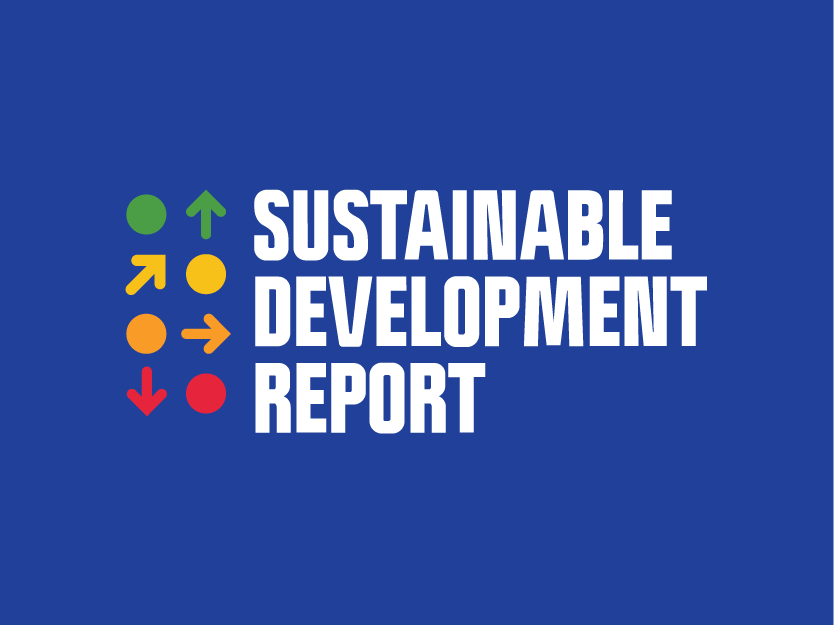2020 has seen its fair share of hardships due to COVID-19’s negative effects. The pandemic has had a
direct effect on the life, health and economy of people and countries around the world.
It comes as no surprise that COVID-19 has inhibited the development of many prosperity-related SDGs. Nevertheless, the pandemic has had positive effects on planet-related SDGs. Due to travel bans and economic slowdowns, the UN reports a 4-7% decrease in carbon-monoxide emissions for the year 2020, air and water have become cleaner and there were places where nature began to restore itself after years of human-induced degradation.
The main concern is whether COVID-19 will allow countries to achieve the SDGs by 2030. This is dependent on the way the world’s nations react to the pandemic. Many countries seem to have taken emergency measures to protect their healthcare systems and to ensure effective social protection. SDGs are interrelated and all SDGs strive to create an economy that is clean, green and safe. If countries continue to make good use of the emergency measures taken and continue to strengthen them instead of allowing them to perish, then those countries may stand a better chance at achieving SDGs.
The link between the SDG of ‘Good Health and Well-being’ and environmental SDGs becomes crucial when drawing up recovery plans to create a positive-post-COVID-19 situation because they shape the economy of the 21st century, in hope for a more sustainable economy that will benefit both the people and the planet.
The main key-players in the relationship between COVID-19 and sustainable development are the economy and the healthcare system. This pandemic has evidenced that every country must have a proper healthcare system in place because it has a direct effect on all the sectors of society. The SDG of ‘Good Health and Well-being’ can be achieved through increasing public spending in the health sector, ensuring hygienic living conditions for everyone in the country, preparing the healthcare system for possible future pandemics and incorporating new and innovative technology in the healthcare system.
Furthermore, the UN Secretary-General presented ‘6 climate-positive actions’ that States should implement on the road to the post-COVID-19 recovery of their economy and society. The plan refers to a ‘green transition’ wherein States invest in sustainable investments that do not pollute for example, ‘confrontation to climate risks’ and lastly, ‘cooperation’ because States need to work with each other in order to implement SDGs and create a positive post-COVID-19 situation.
The word’s nations have been working together for a long time to draft plans with which, upon implementation, a sustainable future can be achieved. A point in this regard is the Paris agreement adopted in 2015 that focuses on maintaining global temperatures and bettering the countries’ responses to climate change. The UN Secretary-General suggests that States should implement these plans as part of recovery planning to achieve the goals previously mentioned.
Developing countries are more likely to require additional external assistance in areas of debt relief so as to properly surpass the pandemic. Focusing on achieving SDGs will ensure that the negative effects of the pandemic are mitigated.
We have seen the positive effects COVID-19 mitigation measures have had on the Earth. On this point, the world’s countries’ focus should be on achieving SDGs in hope for a positive-post-COVID-19
situation. The best approach would be reducing, if not eliminating, Greenhouse gas (GHG) emissions. Low fuel prices may give rise to carbon taxes and in turn, discourage GHG emissions and generate employment since many GHG mitigation activities are labor intensive. Shifting towards cleaner energy and renewable resources such as in power stations, power-saving appliances and electric vehicles will ensure that the SDGs are better achieved and it will help countries in the post-COVID-19 situation.
The pandemic evidences the importance of protecting land, water and biodiversity, which are all SDGs. Many countries have yet to meet such goals and this is mainly due to material consumption, thus producing more waste and non-biodegradable plastics. Now more than ever, there is the need to properly adhere to the RRR principle (Reduce, Reuse and Recycle) and shift towards more digital products.
References:
https://www.un.org/development/desa/dpad/publication/sustainable-development-outlook-2020- achieving-sdgs-in-the-wake-of-COVID-19-scenarios-for-policymakers/
https://www.un.org/sustainabledevelopment/climate-change/

